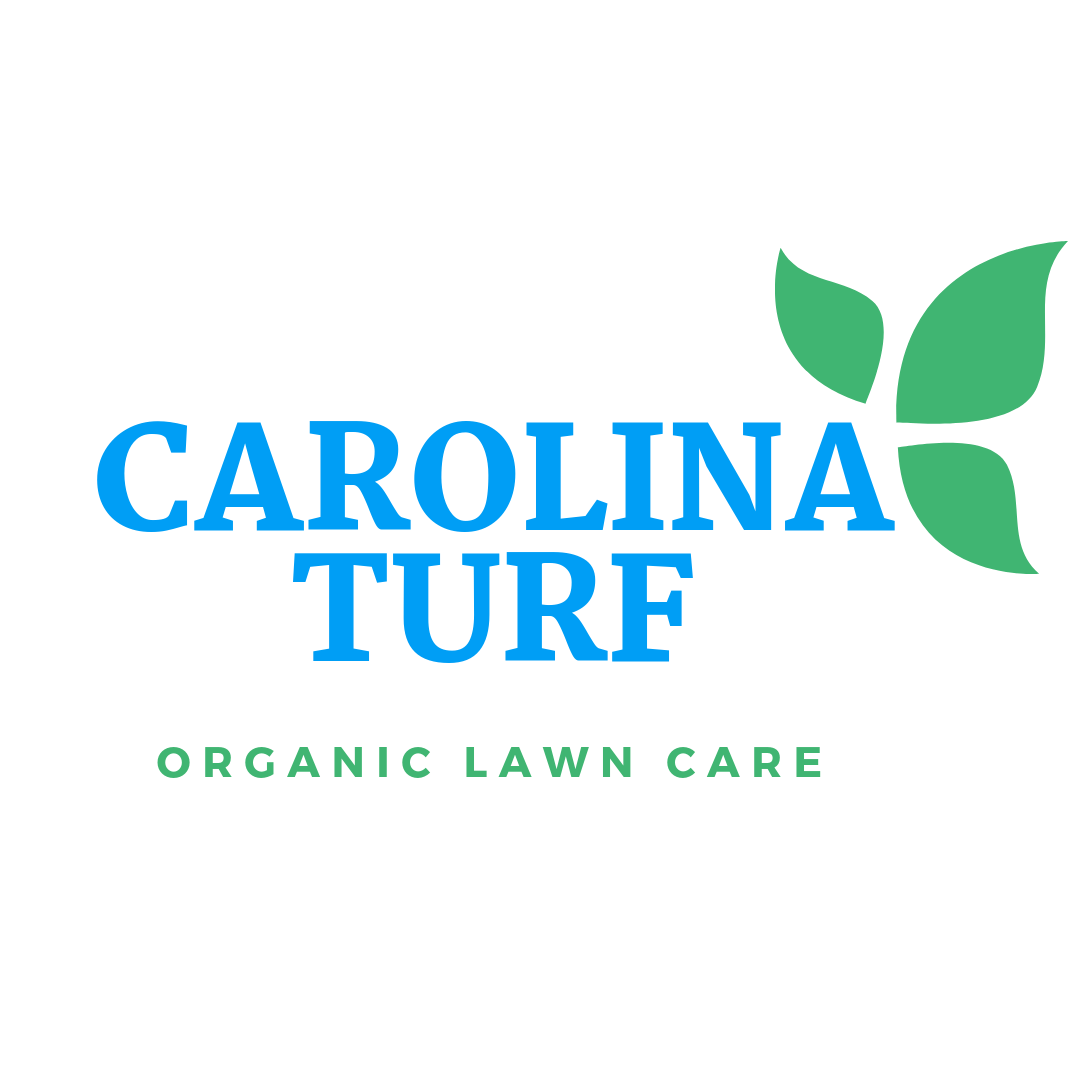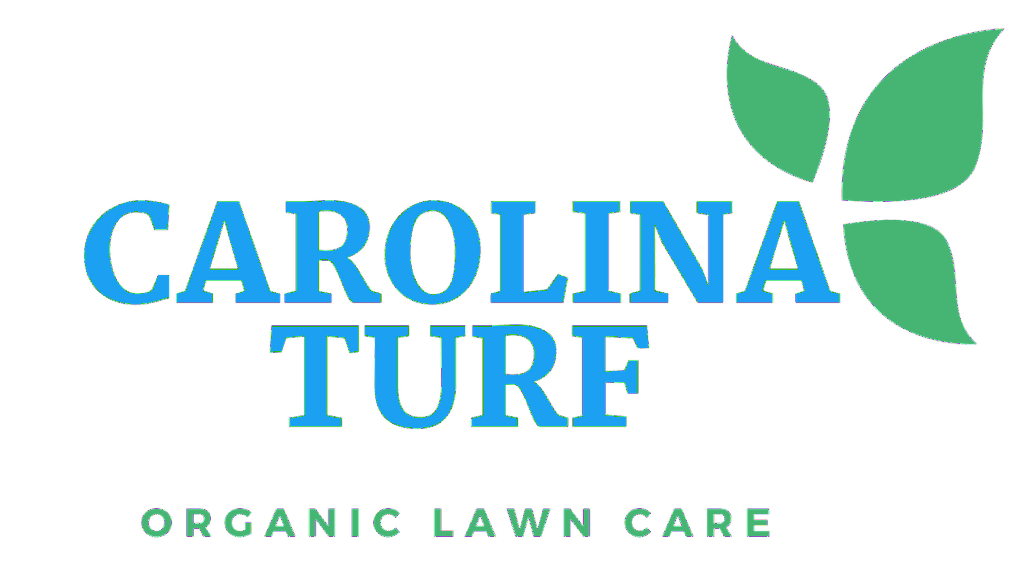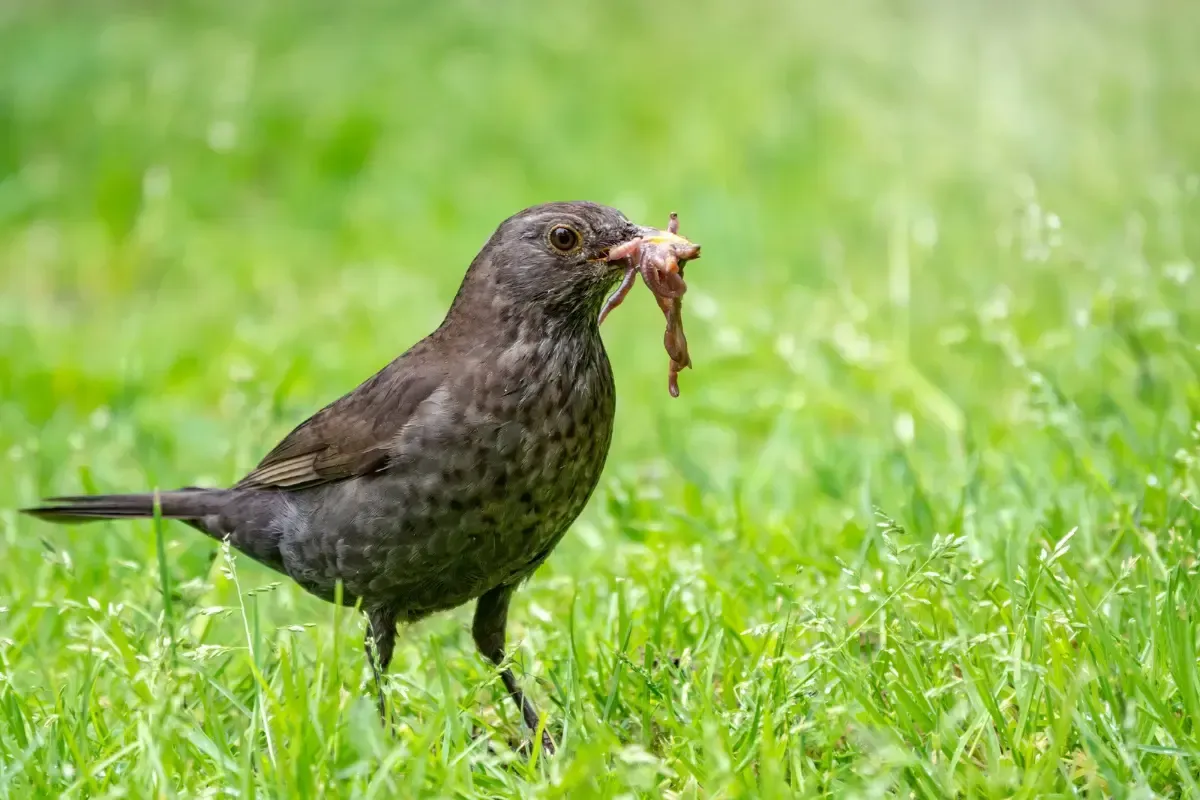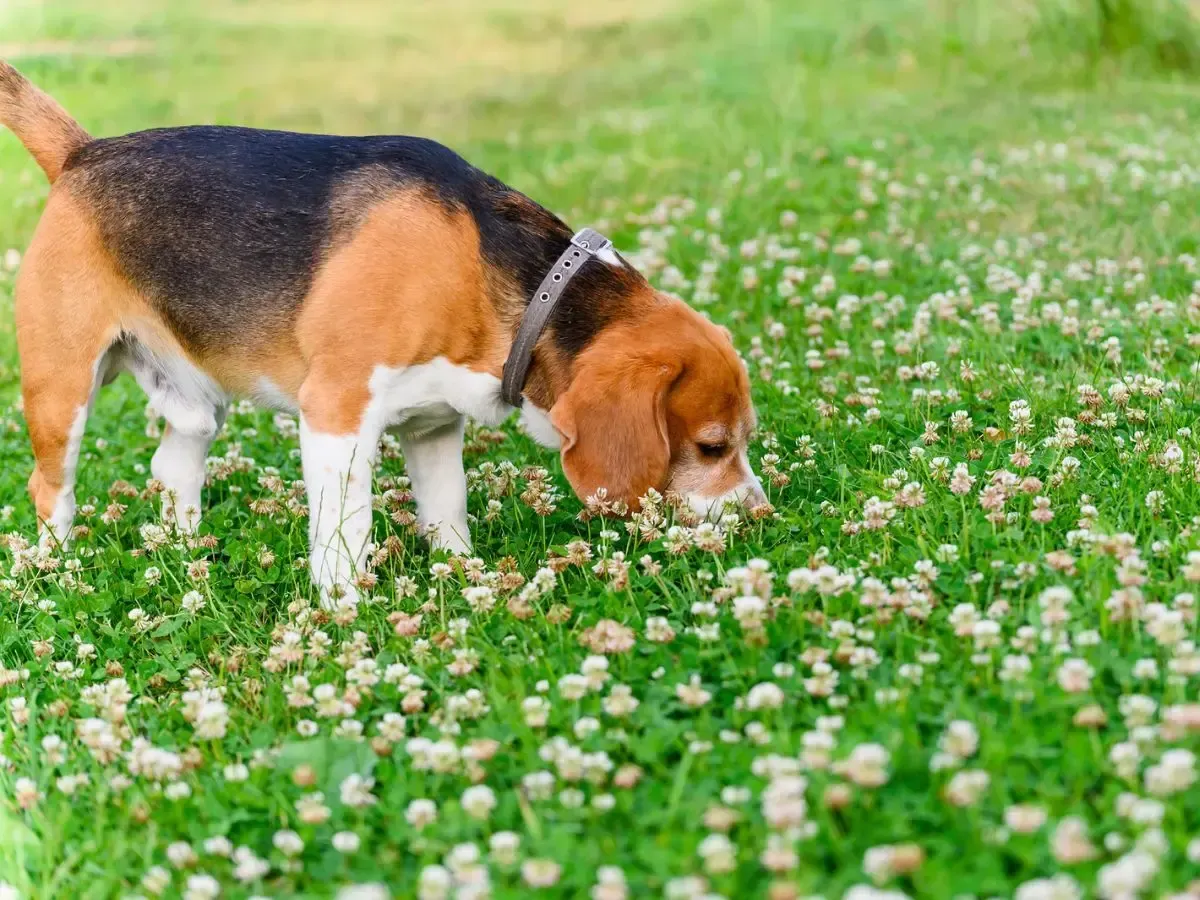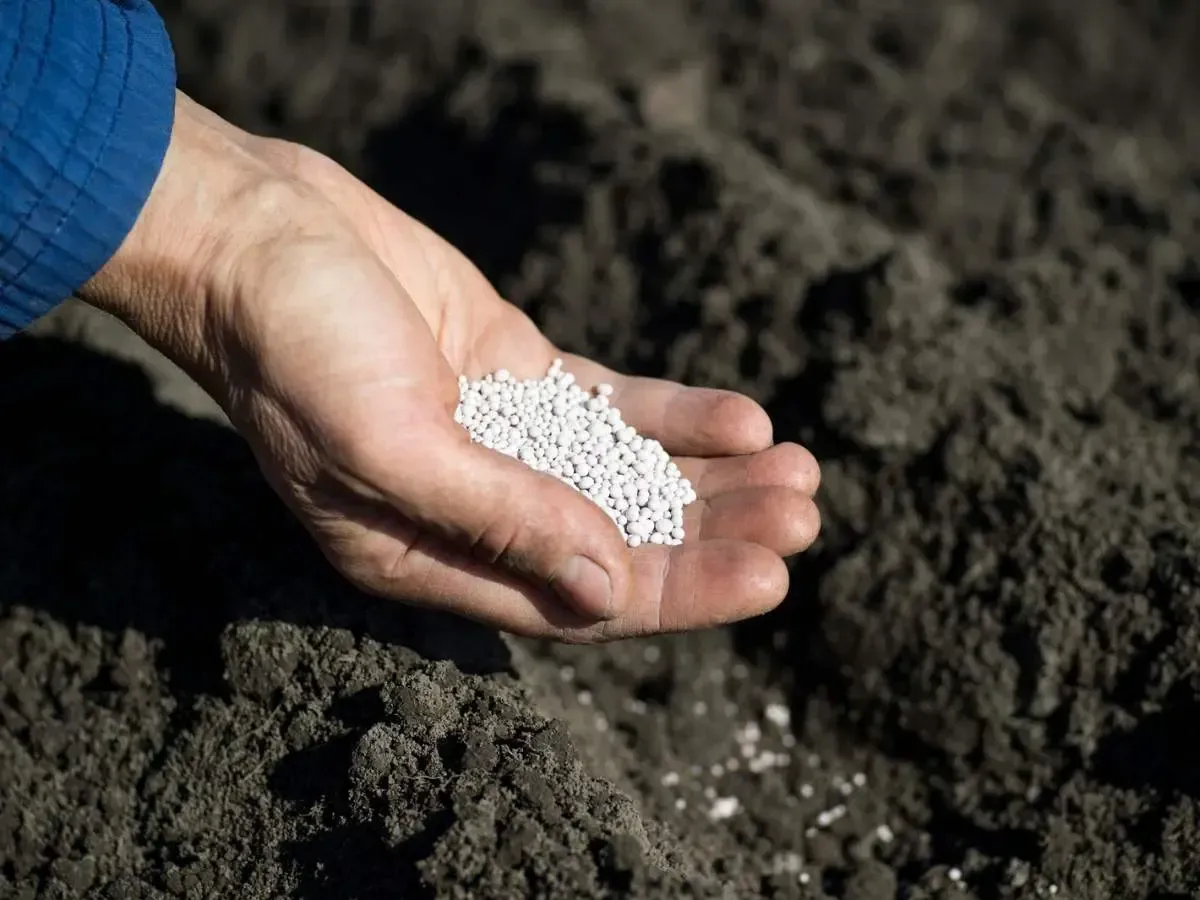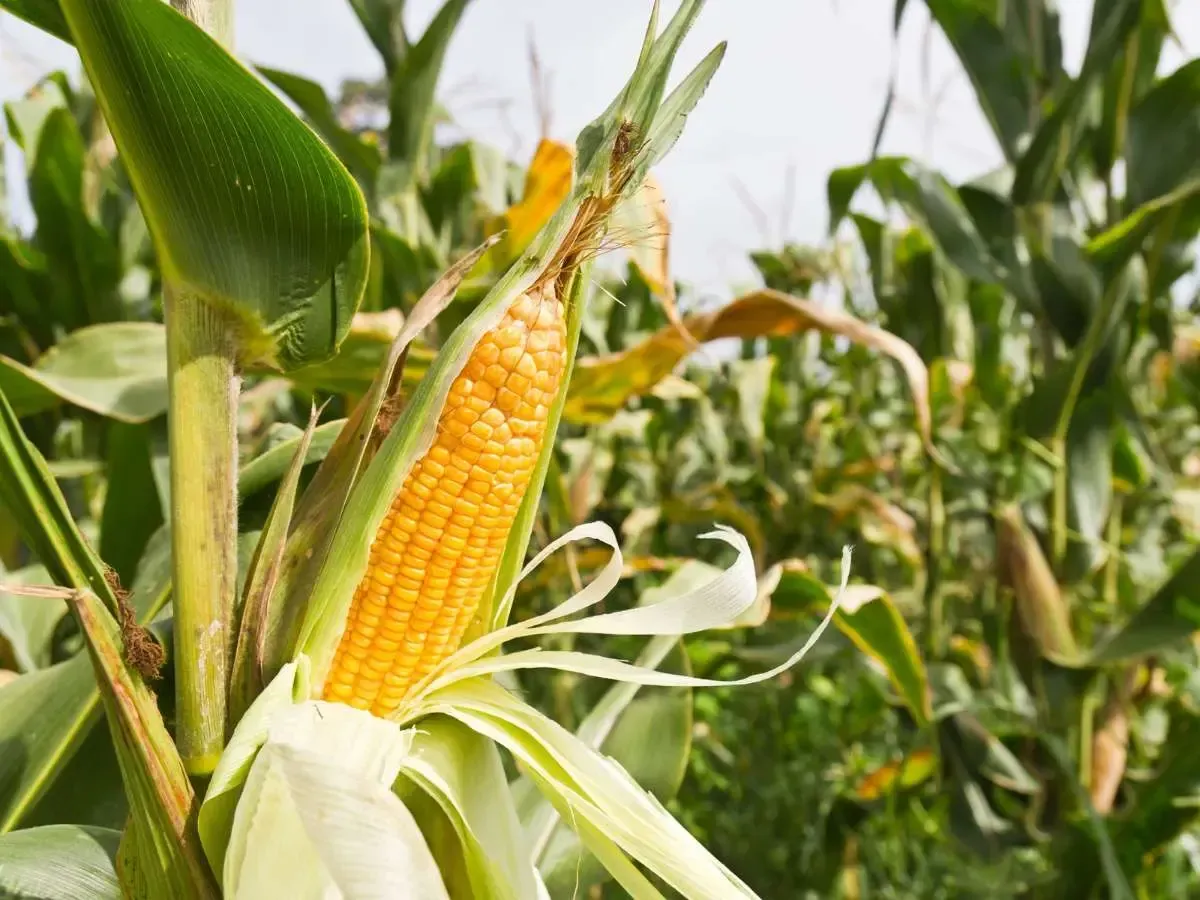Why Switch to Organic Weed Control?
Organic weed killers and fertilizers are safer and result in greener, healthier grass that requires less watering and maintenance.
Health Risks of Roundup
The World Health Organization has classified glyphosate as a probable carcinogen, and recently a groundskeeper dying of cancer won a $289 million lawsuit against the manufacturer of Roundup for damages he claims resulted from coming into contact with the herbicide. But cancer isn’t the only health consequence of contact with glyphosate, studies show that exposure to the chemical plays a part in many health problems, including Autism, ADHD, Altzheimer’s, and more.
Humans aren’t the only ones at risk from glyphosate, our pets are especially vulnerable from playing in the grass that has been sprayed. Another study showed that exposure to lawn pesticides, specifically those applied by professional lawn care companies, raised the risk of canine malignant lymphoma by as much as 70%. And dogs have the tendency to carry the herbicide inside the house, exposing our family members to the toxins.
Organic Alternative
Fortunately, organic and non-toxic weed killers and fertilizers are not only better for us, they result in greener, healthier grass that requires less watering and maintenance. To switch to organic weed control and fertilization, contact us today.
